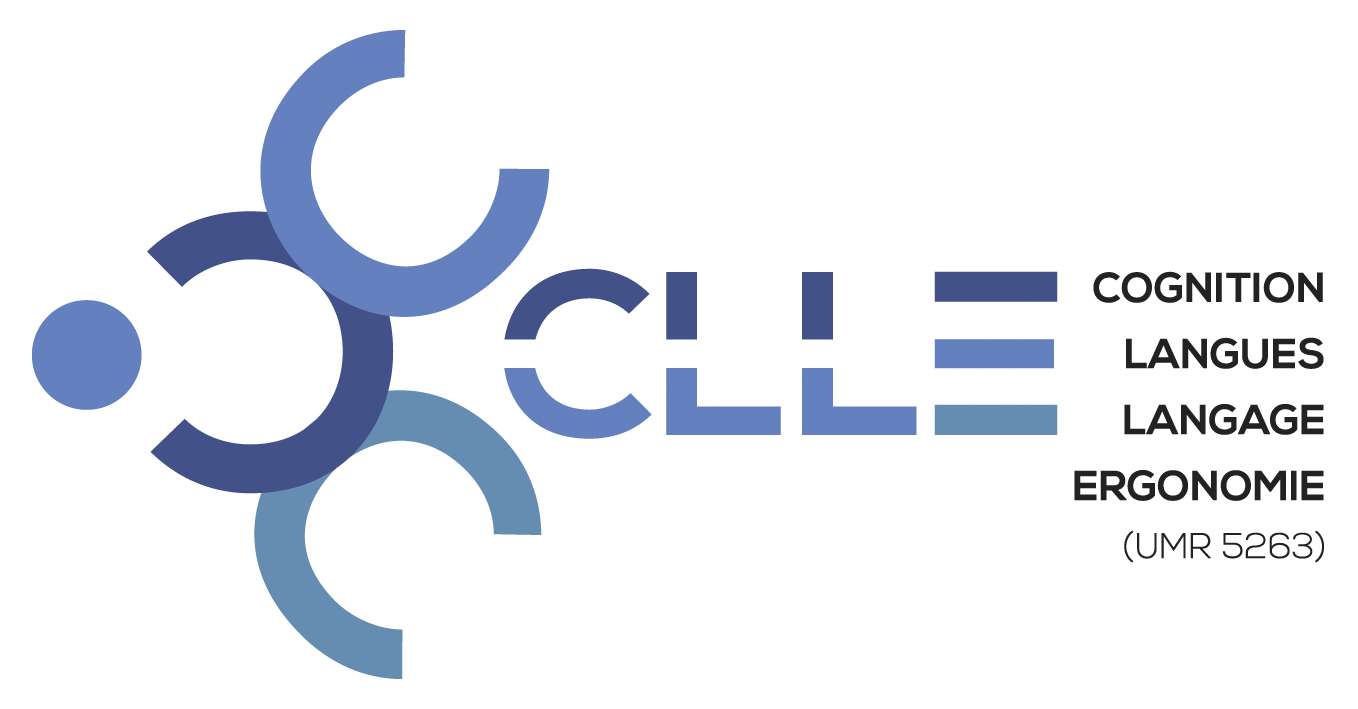-
Partager cette page
The cultural shaping of prejudiced attitudes: The role of ideal affect (Comment la culture influence les préjugés ? Le rôle des valeurs émotionnelles)
Publié le 20 juin 2018 – Mis à jour le 17 septembre 2018
le 14 septembre 2018
14h - 15h30
Salle D29Magali Clobert, Université catholique de Louvain - Séminaire CLLE LTC
Due to globalization, individuals are coming into increased contact with people whose values and traditions differ from their own. One consequence of this increased contact is prejudice against outgroups. Although many factors predict prejudice, increasing research suggests that people’s actual experience of and tendencies to experience specific negative emotions play an important role. Guided by the Affect Valuation Theory (Tsai, 2007), we propose that valuing negative emotions, particularly high arousal negative (HAN) states such as anger and fear, increases prejudice against outgroups even more than the actual experience of these emotions. We find support for this prediction in individuals’ responses to hypothetical scenarios, in the content of U.S. news articles about minorities, and in experimental manipulations.
Furthermore, cultures differ in the extent to which they value specific negative states over others. Evidence suggests that while anger is more valued than fear in Western cultures, fear is preferred over anger in East Asian contexts. These differences in ideal negative affect can in turn predict the cultural preference for active (i.e. confronting) over passive (i.e. avoiding) prejudiced attitudes against outgroups. This insight is important because emotional values are culturally shaped and influence emotional experience. Therefore, investigating the role of ideal affect on prejudice is critical to understanding how prejudiced attitudes vary across cultures as well as to changing how people respond to outgroups.
Co-auteurs sur ce projet: Jeanne L. Tsai (Stanford University), Joni Sasaki (York University), et Kwang-Kuo Hwang (National Taiwan University)
Magali Clobert is also at the Belgian Fund for Scientific Research (FNRS)
Furthermore, cultures differ in the extent to which they value specific negative states over others. Evidence suggests that while anger is more valued than fear in Western cultures, fear is preferred over anger in East Asian contexts. These differences in ideal negative affect can in turn predict the cultural preference for active (i.e. confronting) over passive (i.e. avoiding) prejudiced attitudes against outgroups. This insight is important because emotional values are culturally shaped and influence emotional experience. Therefore, investigating the role of ideal affect on prejudice is critical to understanding how prejudiced attitudes vary across cultures as well as to changing how people respond to outgroups.
Co-auteurs sur ce projet: Jeanne L. Tsai (Stanford University), Joni Sasaki (York University), et Kwang-Kuo Hwang (National Taiwan University)
Magali Clobert is also at the Belgian Fund for Scientific Research (FNRS)





